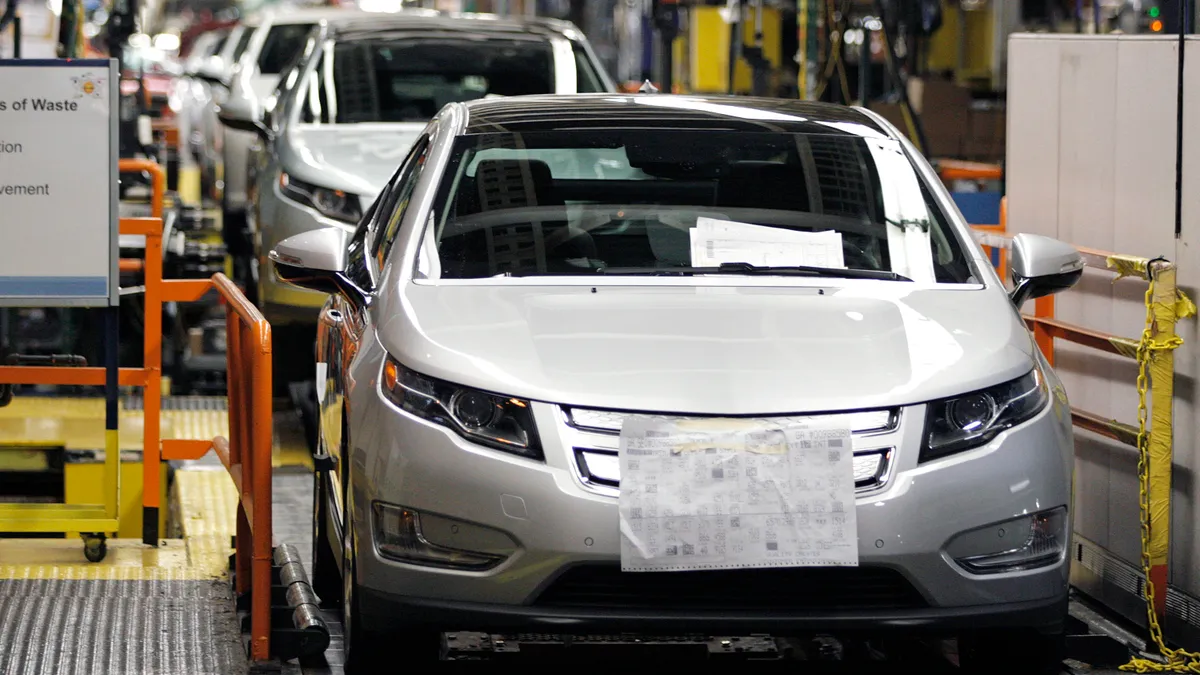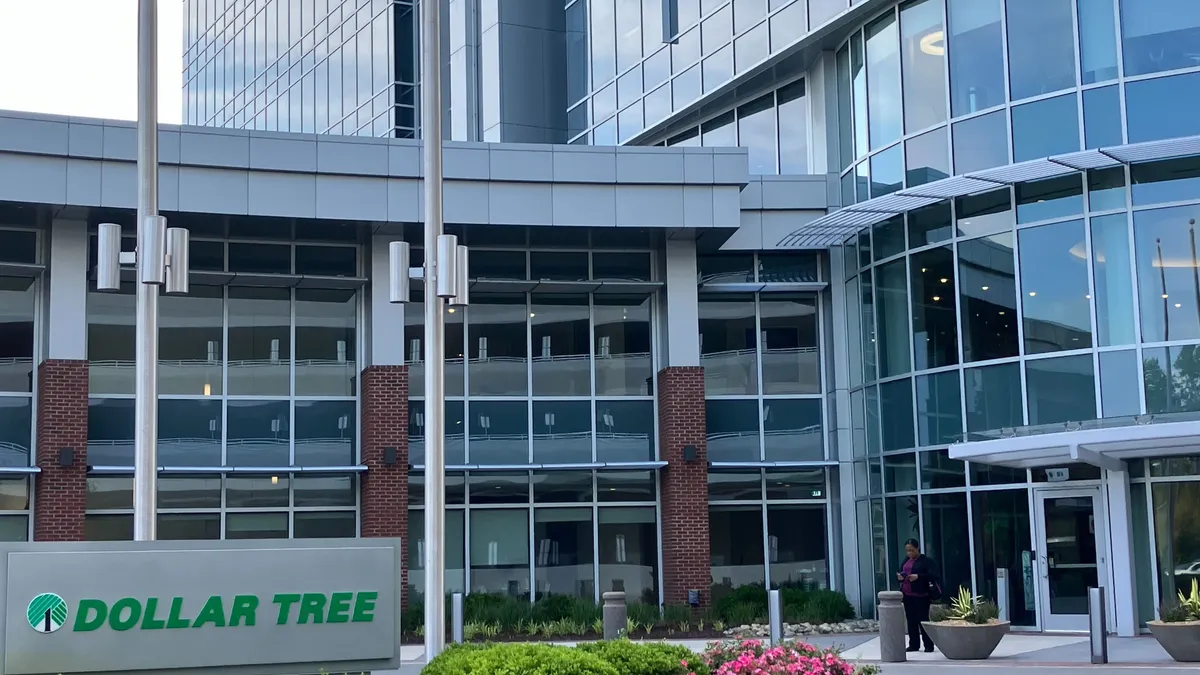General Motors shareholders overwhelmingly voted against proposals requiring reports on child labor in the electric vehicle supply chain, deep-sea mineral mining and transparency of sustainability risks, according to a 2024 proxy statement.
The decision comes as automakers and manufacturers are implementing strategies and increasing transparency as part of a larger commitment to building a sustainable and ethical EV supply chain. The industry has especially focused on greener procurement practices, with efforts including advancing toward fossil-free steel sourcing and setting standards for slashing scope 3 emissions.
Although the shareholder requests were voted against, there were nuanced reasons for the decision. Here is a rundown of the proposals and why shareholders voted them down.
EV child labor
The GM shareholders voted against a proposal that would require the automaker to demonstrate that its supply chain is free from child labor.
The proposal requested for a report on the use of child labor in GM’s EV supply chain starting in 2025, but 741 million votes opposed the measure, easily defeating nearly 109 million votes of support, according to a securities filing last month.
However, several findings show that cobalt, which is a key component in EV batteries, is often dependent on child labor, the proxy statement said.
GM’s board voted against the proposal as members deemed it unnecessary considering the automaker “already follows robut and transparent reporting practices.” GM further noted that its current corporate policies and practices have zero-tolerance for child labor.
According to the proxy statement, GM’s contractual relationships with its suppliers already require complete compliance with laws to avoid child labor, alongside any other forced or involuntary labor in the automaker’s supply chain. Compliance is required for labor from third parties as well.
As GM monitors its supply chain, it conducts an annual survey that asks suppliers to confirm whether they comply with the automaker’s supplier code of conduct.
GM further noted that it visits supplier sites to reinforce strict labor compliance, in addition to requiring annual training about identifying child and forced labor to improve operations.
Deep-sea mined minerals
Shareholders also voted against a report on GM’s use of deep-sea mined minerals in its production and supply chains, according to the proxy statement.
Considering that the deep sea is critical for helping regulate the climate, the proposal noted “studies indicate that mining this under explored and complex area for battery-related minerals will create irreversible habitat and ecosystem loss and could permanently destroy invaluable carbon storage.”
The proposal further states that other EV manufacturers have already responded to some of the risks of deep-sea mining. BMW, Volvo, Volkswagen, Rivian and Renault have all signed a global moratorium on the practice in a pledge to “keep their supply chains deep-sea-mineral-free until scientific findings are sufficient to assess the environmental risks of DSM.”
There were nearly 747 million votes against the proposal, compared to 108 million in favor of it, for several reasons. First, GM noted that it does not currently use deep-sea mining in its supply chain due to “scientific uncertainty,” nor does it plan to, per the report.
Second, supplier engagements, including those involved with deep-sea extraction, are expected to comply with GM’s processes and policies. GM’s oversight of the processes would evaluate risks and other uncertainties — including the environmental impacts of sourcing practices, like deep-sea mining, according to the company.
Sustainability risks in the supply chain
A proposal for a required report on sustainability risk in GM’s supply chain was also voted against. The report would have assessed GM’s willingness to join global value chain emissions reduction efforts, its progress toward procurement targets for low-carbon steel and aluminum, and its dedication to greater disclosure and transparency of deforestation risks associated with its material supply.
The shareholder proposal states that vehicle manufacturing is reliant on the “extraction, processing, and manufacturing of natural resources of aluminum, steel, minerals, rubber and leather,” all of which are associated with “environmental degredation” and greenhouse gas emissions.
Meanwhile, other materials used in manufacturing are linked to deforestation, like Brazil-sourced leather and rubber tree plantations in Southeast Asia and Africa, according to the proposal.
Although GM has made efforts to source more sustainable rubber, the automaker has “not disclosed comprehensive information on deforestation risk posed by rubber cultivation,” per the proxy statement. The company lacks similar disclosures of its leather and mineral supply chains.
Approximately 737 million shareholders voted against the proposal — with 117 million voting in favor of the request — stating that GM “already follows robust and transparent reporting practices,” which are addressed in its annual sustainability report.
Further, GM states that it is already committed to using responsibly sourced materials into its supply chain, and that it collaborates with organizations like the Automotive Industry Action Group to encourage more sustainable products in its operations.
This story was first published in our Procurement Weekly newsletter. Sign up here.






















